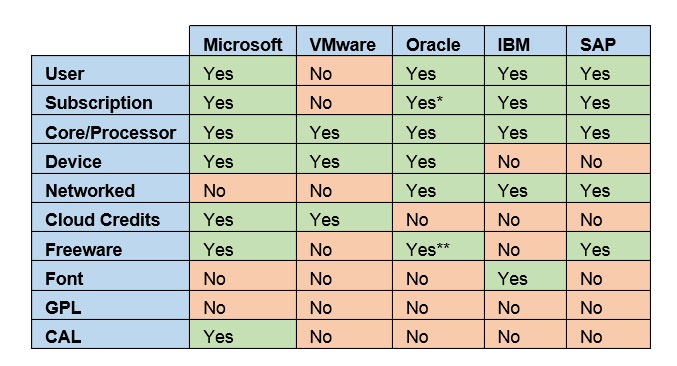
With online access comes education, opportunity
by Aimee Riordan, Microsoft News Center Staff
The first antennae connecting the town of Nanyuki to the Internet using underutilized broadcast bandwidth, or TV white spaces, was placed two and a half years ago at Gakawa school.
The signal from Mawingu, a local company, traveled more than five miles in every direction, connecting the secondary school with the Male School down the road, and opening up the world to residents and students alike.
Gakawa Principal Beatrice Ndorongo remembers how excited her students were — and how hungry they were for information.
“All the students would ask when the computer time each day would be. We did it over lunch time. And in the evening. And they didn’t want to leave,” she says. “Every student wanted to have access. To sit and work on a computer. It was very exciting.”
You can still hear that enthusiasm in Ndorongo’s voice. And see it in the eyes of the students at Gakawa.
A collection of cinderblock buildings perched on the precipice of an expansive valley, Gakawa Secondary School is at the terminus of a long, winding dirt road. There’s a mural of Mount Kenya on one wall and a view of the peak in the distance.
Like many places in Nanyuki and the surrounding area, the school lacks running water. Still, its students show up daily in uniform: maroon v-neck sweaters, ties and slacks for the boys, colored shirts, green sweaters and shirts for the girls. They are enthusiastic, and curious.
Ndorongo says that in the two and a half years since the connection was established, students at Gakawa Secondary School have improved their scores in every single subject on the Kenya National Exam.
It’s opened up new ways of teaching, helping students to better prepare for the future and become independent learners, Ndorongo explains.
“We are far different. Today, they have a new way of learning,” she explains. “The teacher helps the students access the material. The student can work on his or her own. There is independence. Without any assistance from the teacher. That is good practice for the future.”
Self-charted learning is a practice schools in developing countries are also starting to get their arms around. Advocates say it’s necessary for growing independent, lifelong learners with the modern skills needed to thrive in a global marketplace. With access to the Internet, these Kenyan students will have a better chance at unlocking some of the same opportunities as their peers in larger cities.
“It’s so satisfying as a teacher and as a principal when you’re able to give your students what other students are receiving,” Ndorongo says. “We live in a hardship area. Before, if our students wanted to use a computer, they had to travel 11 kilometers [nearly 7 miles].”
Most of the school’s 213 students, who range in age from 15 to 21, were not computer literate before Mawingu brought access to the Internet. Today the subjects they study online range from English and the humanities to geography, science and math.
Gakawa Secondary School student Tabitha Wanjiku Kieru, 17, arrives early, around sunrise every morning, to study. She’s interested in business and economics and says the Internet has already had an impact on how she learns.
“Before the computer lab, we couldn’t get much information. Many of our textbooks were old and outdated. Now I can look up the things I need to know. I improved from a B+ to an A-,” she says. “Having a computer in the school will help me with my future learning. I will know how to operate in business.”
Students and teachers alike picked up on how to use the devices easily, Ndorongo says. “They are quick learners. Very sharp.”
Computer literacy is essential here, as it is anywhere, to get into university, to get a job, and ultimately, to make a living. Now that Mawingu has brought affordable, high-speed Internet to Nanyuki, everyone wants to go to the schools where there are computers.
“It’s a new dawn for our students,” Ndorongo says, smiling broadly. “Society will be happy to have more students going to university. They won’t have to do hard labor. These students will be more marketable. They will be the masters of their society. This is a miracle.”
Microsoft CEO Satya Nadella visited Gakawa Secondary School on Wednesday as part of his visit to Nanyuki, Kenya. There, he and Ndorongo’s students used Skype to communicate with a classroom in India.
“I admire the passion every one of you have and the fearlessness with which you go for what you want to achieve,” he told them.
Before he left, Nadella presented Ndorongo with a copy of a collection of poems from T.S. Eliot.
“This is my most favorite poet, and a great inspiration to me,” Nadella said. “You have been a great inspiration with what you’ve done here and what you continue to do. When I think about why we exist as a company, it’s because of examples like these. Your students are the future. The fact that tech is playing a role is heartening to see.”
Source: http://news.microsoft.com/features/with-online-access-comes-education-opportunity/
For more information on Education Technology Solutions call Managed Solution at 800-308-6107.
Continued Reading

July 31, 2015
The 10 Most Common Software Licenses via SoftwareOne
The market is saturated with a variety of software licensing […]
LEARN MOREinthetechknow

August 2, 2015
Video: Discover how Intermountain Healthcare uses Skype for Business to connect patients with their physicians
Discover how Intermountain Healthcare uses Skype for Business to […]
LEARN MORECase Studies
Office365

